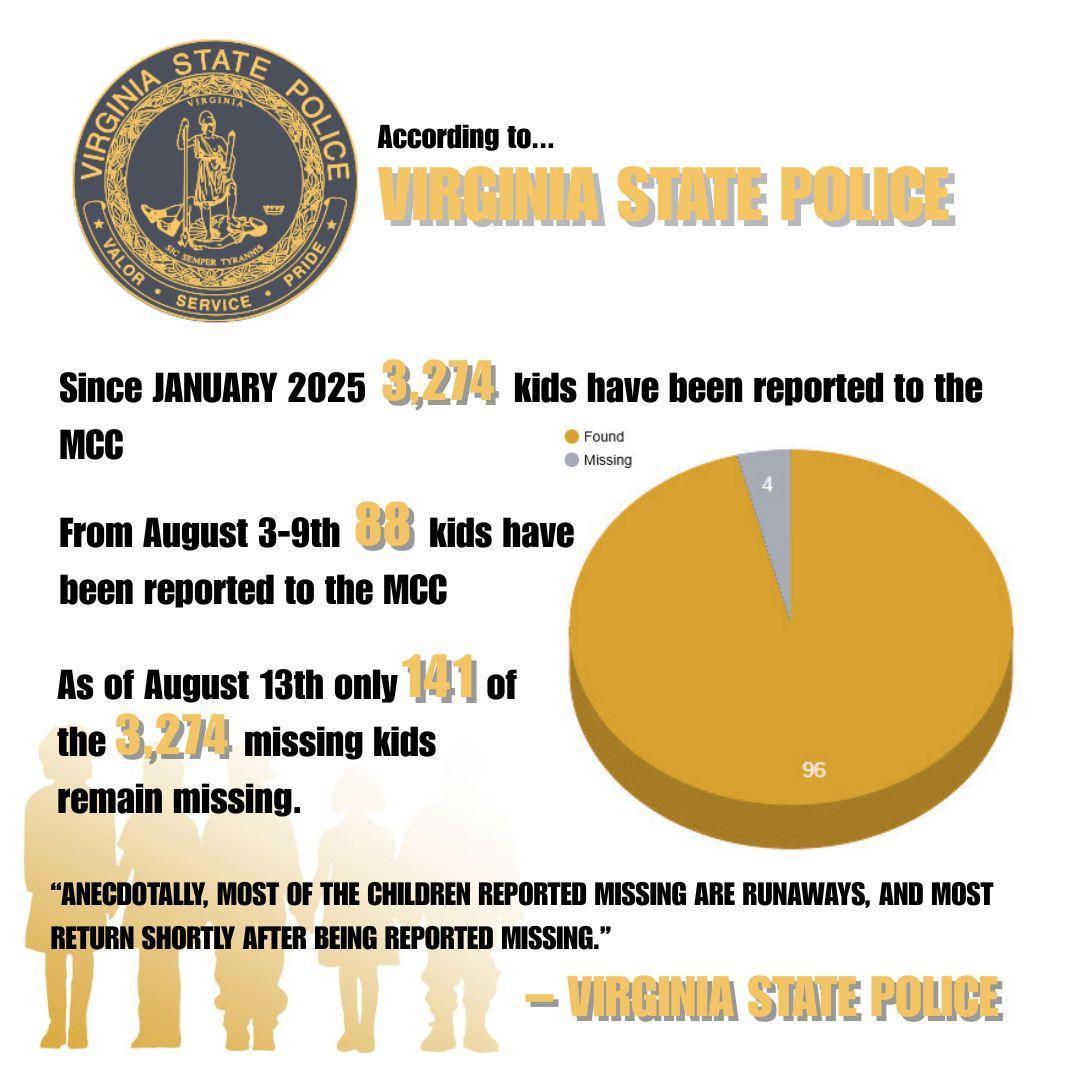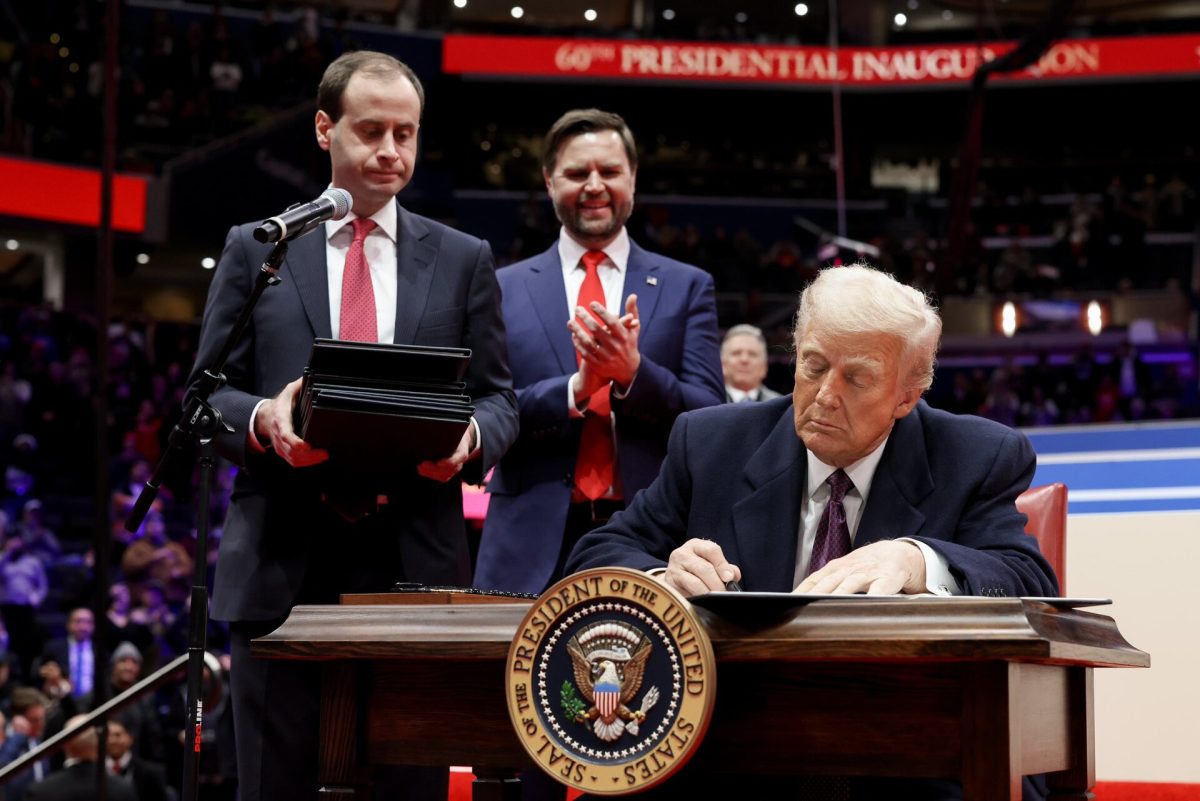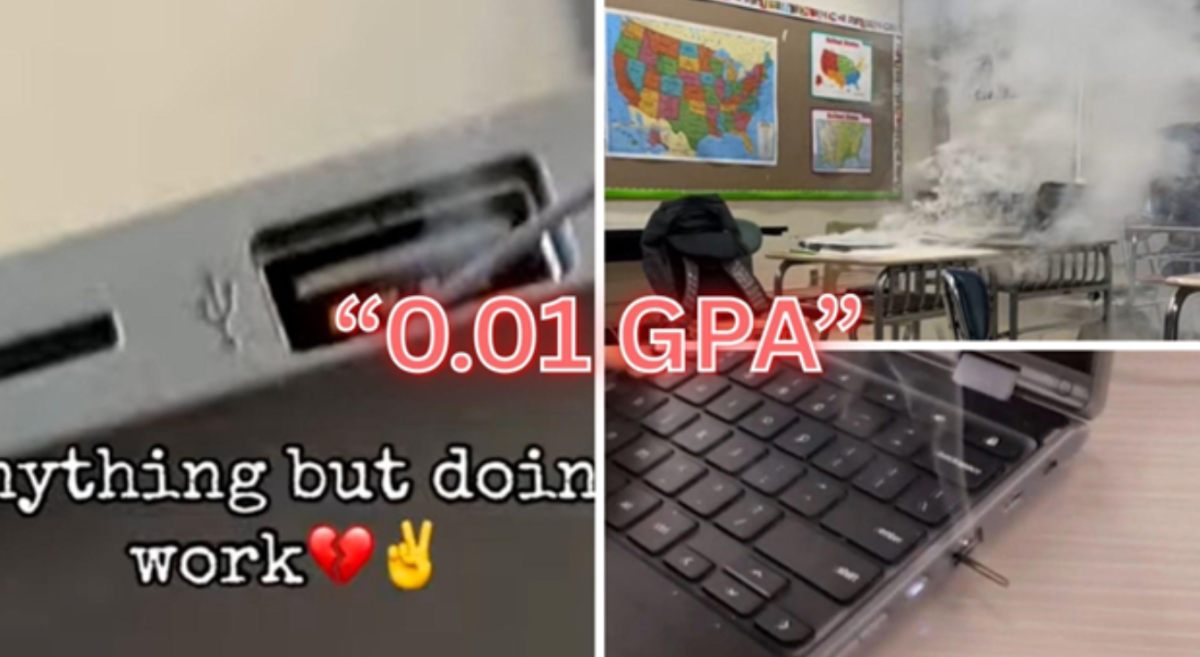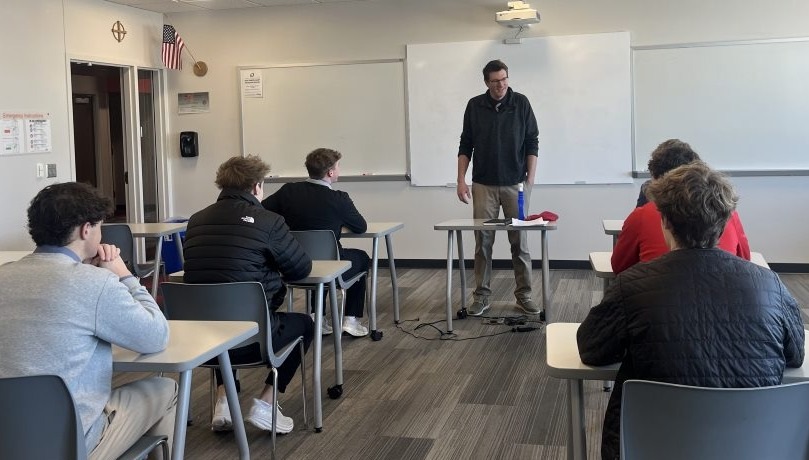In this era of global commerce, the importance of being well-educated in matters of finances comes to the fore. The financial sector has grown increasingly complex in recent years: billion-dollar corporate buyouts, stock prices that change by the minute, and more are all now part of the norm. Therefore, for the benefit of all young people in modern America, now is the time to provide financial-literacy courses for high-school students.
“Financial competencies are becoming increasingly relevant as economies transform. Technology has improved the quality and timeliness of access to financial services all over the developing and developed world,” financial researcher Veronica Frisancho wrote in a 2020 article for Economics of Education Review. “At the highest global policy level,” she states, “youth have been identified as one of the priority targets of governments’ efforts in the arena of financial education.”
The children of today will be the adults of tomorrow. When Generation Z takes over the world of business in the years to come, they will be faced with sophisticated financial systems, some of which may be so advanced as to be beyond current imagination. Daunting as this may sound, this is an obstacle that can easily be surmounted given the proper set of skills. “I think sometimes young people are not aware of the importance of financial planning in their lives,” Head of School Dr. David Peters noted.
Research points to financial education as an effective policy aimed at setting young people up for success. Indeed, past studies of existing financial literacy programs point to a varied suite of skills important to commerce and business. One of these is mathematical skills. Although America is a country known the world over for its technological prowess, its aggregate mathematical abilities are below that of most other developed countries. The Programme for International Student Assessment (PISA) recently ranked the nation’s collective math ability as a lackluster thirty-eighth out of seventy-one nations surveyed worldwide.
The importance of providing financial courses to high-school students has already been proven the world over. According to the Organisation for Economic Co-operation and Development (OECD), more than seventy countries were preparing a national financial curriculum in some form by 2017. Most are cross-curricular, meaning that they also incorporate elements of different academic disciplines. This will help improve critical skills among other core classes. The United States is no exception. In 2020, the Department of the Treasury released its U.S. National Strategy for Financial Literacy. However, it has not yet been entirely limited. It is in the best interest of future generations with all due expediency.
People do not appreciate it enough. “I think sometimes young people are not aware of the importance of financial planning in their lives,” Peters said.
There is another reason that financial education should be made more available—the national economy as a whole could suffer without it. When one lets an inexperienced and improperly trained individual handle an affair that requires specialized knowledge, the results are predictable subpar. Everyone (hopefully) knows that it’s a very bad idea for the average person to perform open-heart surgery. Now, keep in mind that this is an extreme example, but we can apply this reasoning to economic matters as well. Financial advisors are trusted to know the intricacies of monetary policy and use it to their clients’ advantage. Usually, this has positive results. By providing all Americans, especially young people, with that knowledge, they are equipped to make better financial decisions. The benefit here is two-fold: by “idiot-proofing” the United States economy, we are also enabling all people to make their own financial decisions responsibly.
As the future of commerce begins to look more and more like the present, the changing industry landscape demands basic financial knowledge of everyone. Economic education is not a matter limited to Wall Street bankers and millionaire CEOs, but rather something that everyone should have a proper understanding of. Although the current standards for financial literacy leave much to be desired, it is not too late to make reparations. When all Americans cooperate, we can set America’s financial future in a positive direction. It will take effort, and the results will not be immediately clear, but it is something that is worth working towards as one. “The key here is this,” Peters noted. “Students need to realize the importance of financial literacy.


























